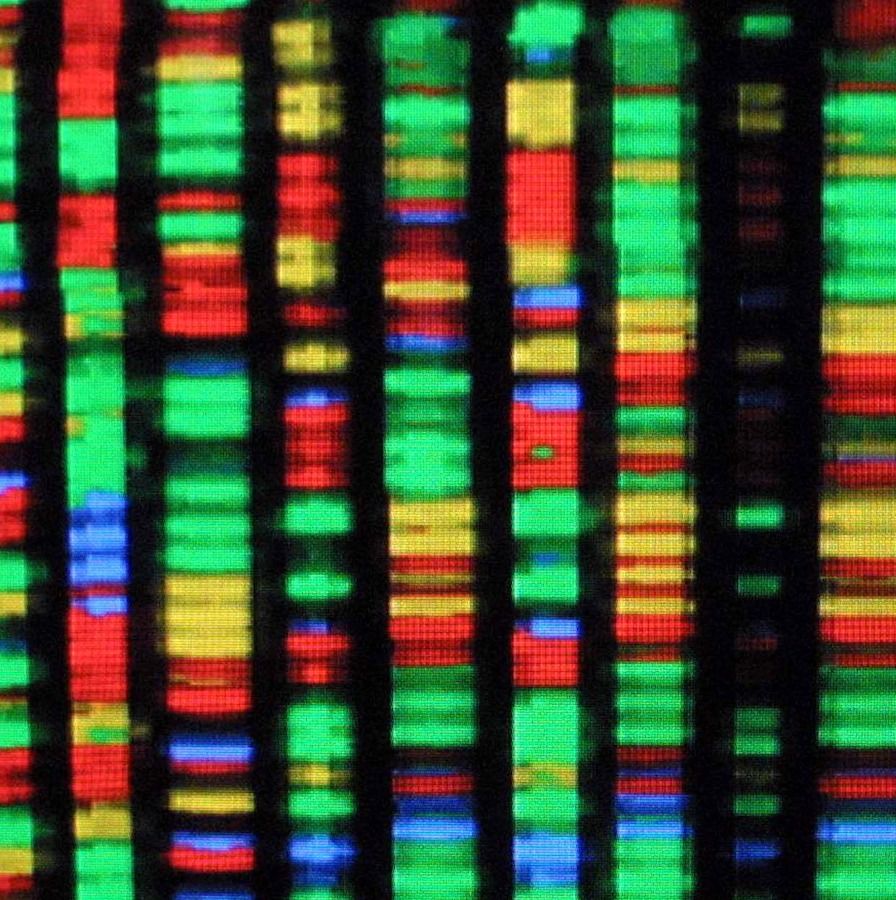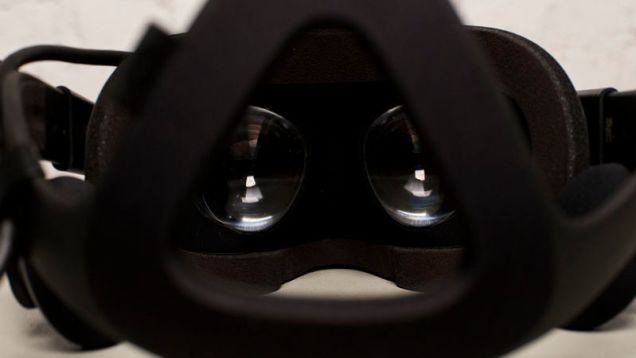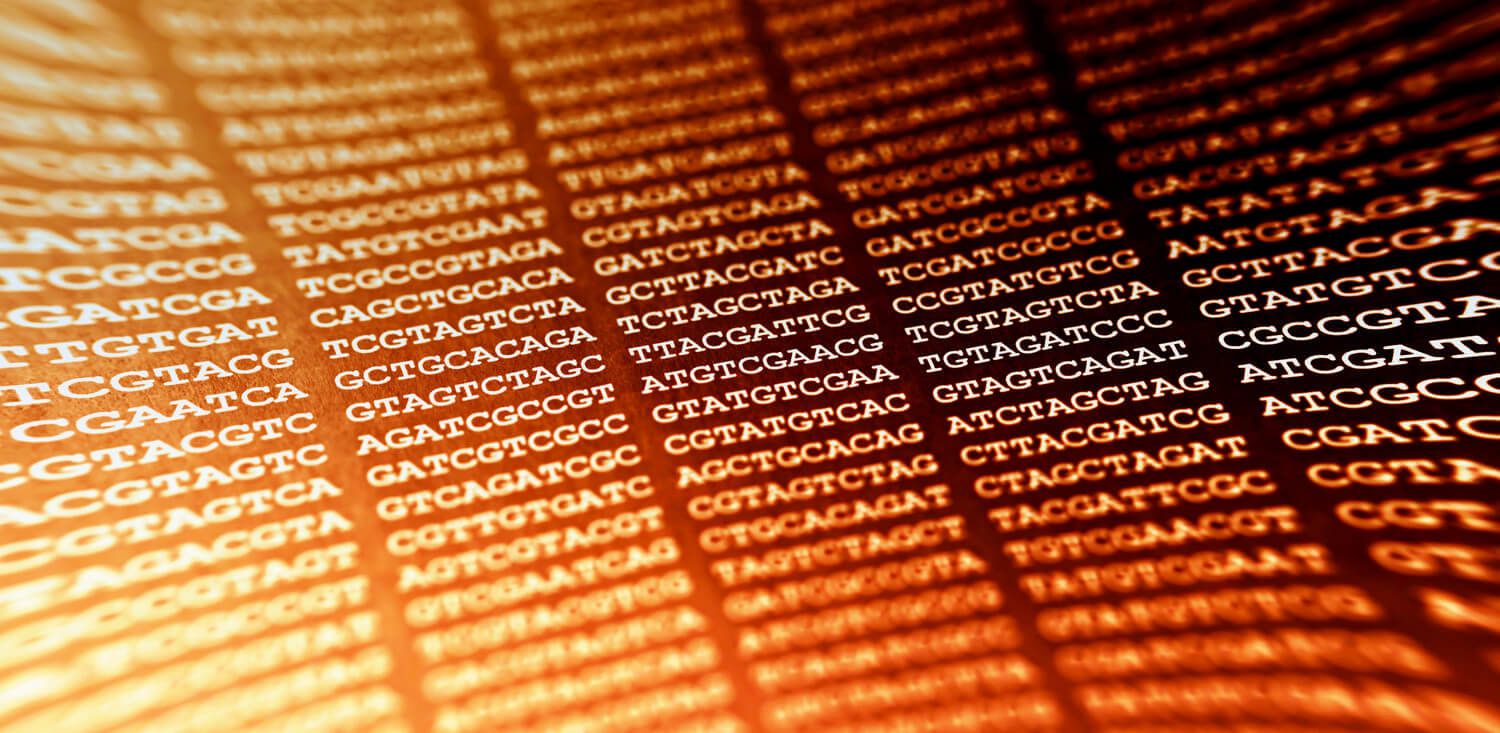Northwestern University’s Ken Forbus is closing the gap between humans and machines.
Using cognitive science theories, Forbus and his collaborators have developed a model that could give computers the ability to reason more like humans and even make moral decisions. Called the structure-mapping engine (SME), the new model is capable of analogical problem solving, including capturing the way humans spontaneously use analogies between situations to solve moral dilemmas.
“In terms of thinking like humans, analogies are where it’s at,” said Forbus, Walter P. Murphy Professor of Electrical Engineering and Computer Science in Northwestern’s McCormick School of Engineering. “Humans use relational statements fluidly to describe things, solve problems, indicate causality, and weigh moral dilemmas.”








